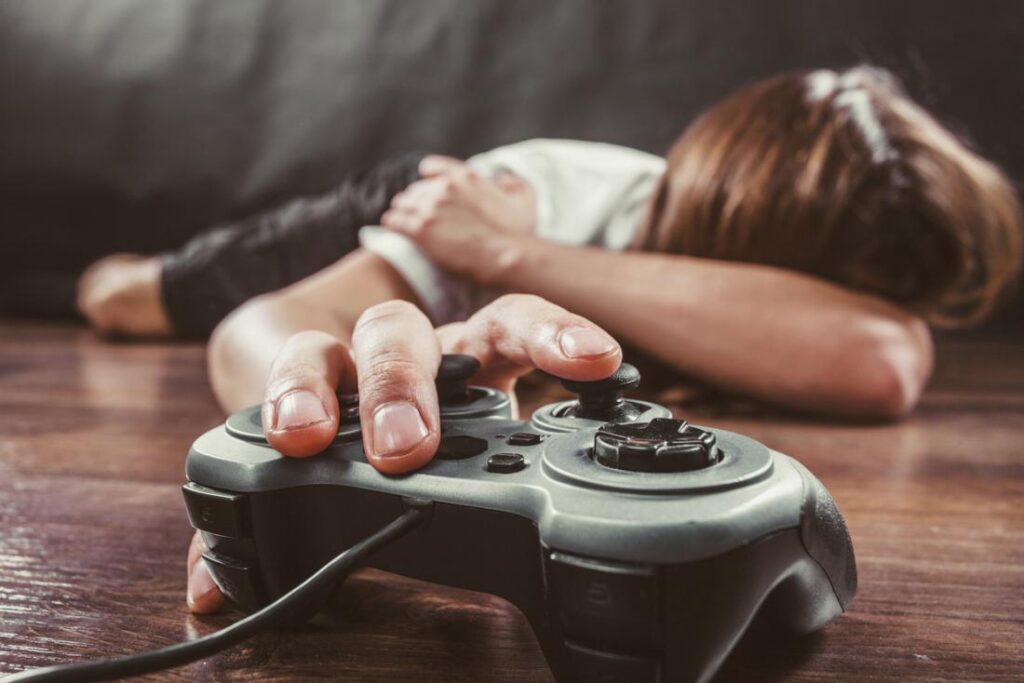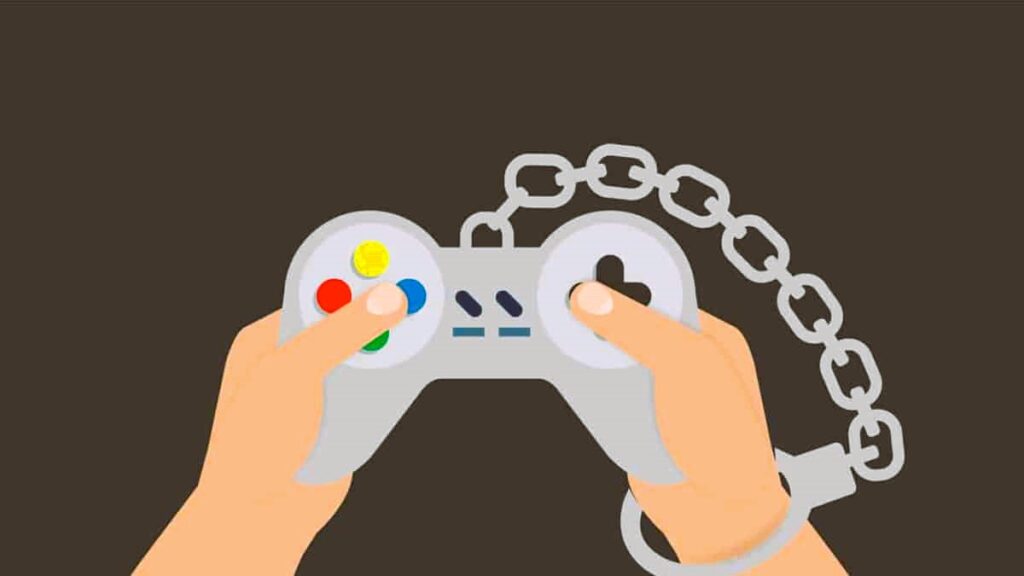Gaming addiction, also known as gaming disorder, has become a growing concern in recent years as video games have become increasingly popular and accessible. While gaming can be a fun and enjoyable pastime for many, excessive gaming can lead to a range of negative effects on physical health, mental well-being, and social relationships. In this article, we’ll explore the effects of gaming addiction, as well as strategies for understanding and preventing it.
Understanding Gaming Addiction
Gaming addiction is characterized by excessive and compulsive gaming behavior that interferes with daily life activities. Like other forms of addiction, gaming addiction can lead to a loss of control over gaming habits, withdrawal symptoms when not gaming, and continued gaming despite negative consequences. While gaming addiction primarily affects adolescents and young adults, people of all ages can be vulnerable to its effects.
One of the primary factors contributing to gaming addiction is the immersive and rewarding nature of video games. Many games are designed to be highly engaging, with addictive gameplay mechanics, progression systems, and social features that keep players coming back for more. Additionally, the escapism provided by games can be appealing to individuals seeking relief from stress, anxiety, or depression.
Effects of Gaming Addiction

Gaming addiction can have a range of negative effects on physical, mental, and social well-being. Physically, excessive gaming can lead to sedentary behavior, poor posture, and repetitive strain injuries such as carpal tunnel syndrome. Prolonged gaming sessions can also disrupt sleep patterns and lead to fatigue and exhaustion.
Mentally, gaming addiction can impact cognitive functions such as attention, memory, and decision-making. Excessive gaming can also contribute to the development of mental health issues such as depression, anxiety, and social isolation. In severe cases, gaming addiction can lead to academic or occupational problems, as individuals prioritize gaming over other responsibilities. Do you like our articles? We recommend reading about Games and Education.
Socially, gaming addiction can strain relationships with family, friends, and peers. Excessive gaming can lead to social withdrawal and isolation, as individuals spend more time gaming and less time engaging in real-world social activities. This can lead to feelings of loneliness, alienation, and disconnection from others.
Preventing Gaming Addiction
Preventing gaming addiction requires a multi-faceted approach that addresses individual, familial, and societal factors. Education and awareness are key components of prevention efforts, as individuals need to understand the risks associated with excessive gaming and how to recognize the signs of addiction.
Parents and caregivers play a crucial role in preventing gaming addiction in children and adolescents. By setting clear limits and boundaries around gaming time, encouraging balanced and healthy activities, and fostering open communication, parents can help prevent gaming addiction from developing.
Furthermore, game developers and industry stakeholders have a responsibility to create games that are entertaining and engaging without being addictive. This includes implementing features such as built-in timers, parental controls, and educational resources to promote responsible gaming habits.
Conclusion

In conclusion, gaming addiction is a complex and multifaceted issue that can have significant negative effects on physical, mental, and social well-being. By understanding the factors contributing to gaming addiction and implementing strategies for prevention, individuals, families, and communities can work together to promote healthy gaming habits and mitigate the risks associated with excessive gaming.
For further reading on gaming addiction and prevention strategies, you can visit the following websites:
These resources provide valuable insights and information on the effects of gaming addiction, as well as tips and strategies for prevention and intervention. Whether you’re a gamer yourself or concerned about the gaming habits of a loved one, these websites offer a wealth of resources to help you better understand and address gaming addiction.

